Publications
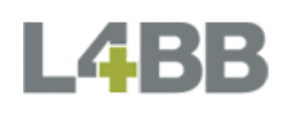
Boundary spanning: moving towards strategic stakeholder engagement
- Anna Bulzomi | February 3, 2014
In today’s globally expanded production and supply chains, most companies have a hard time living up to their commitment to operationalize business & human rights principles. Countless multinational companies, State-owned enterprises (SOEs) and small and medium enterprises (SMEs) in different countries, and across all industry sectors, have faced allegations of labor rights violations, human r

IPIS Insights: The 2nd Annual United Nations Forum on Business and Human Rights, Geneva 2013
- Anna Bulzomi, Gabriella Wass | January 14, 2014
From the 2 – 4 December 2013, IPIS attended the United Nations Forum on Business and Human Rights. The Forum was established by the Human Rights Council and is under the guidance of the UN Working Group on Business and Human Rights. Around 1,700 people registered for this year’s Forum, spanning Civil Society Organisations, individuals who have been adversely affected by business activity, State de
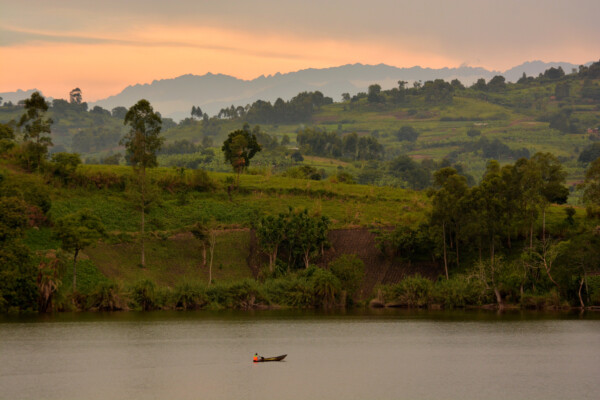
Business, Human Rights, and Uganda’s Oil – Part II: Protect and Remedy: Implementing State duties under the UN Framework on Business and Human Rights
- Chris Musiime, Gabriella Wass | December 18, 2013
The following is the second in a series of four reports exploring business and human rights issues in Uganda’s oil sector. This series is a collaboration between IPIS vsw and ActionAid Uganda. In accordance with the UN Guiding Principles on Business and Human Rights, this second report assesses the duty of the Ugandan, British, French and Chinese States to prevent, investigate, punish and redress
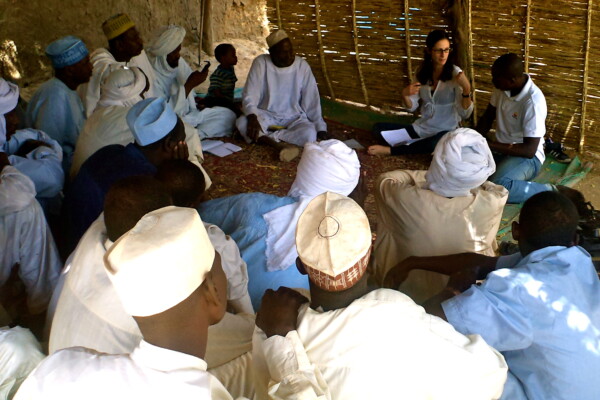
Practice What You Preach: Theory and Practice of China National Petroleum Corporation (CNPC)’s Stakeholder Engagement Plan in Chad
- Anna Bulzomi | December 11, 2013
The past decade has seen a staggering increase in Chinese investment flows in Africa, leaping from USD 392 million in 2005 to USD 2520 million in 2012. Although there is a growing understanding that China’s impact on sub-Saharan Africa is far-reaching and complex, and that Chinese investments on the continent are highly diversified, the majority of business & human rights analysts have tended
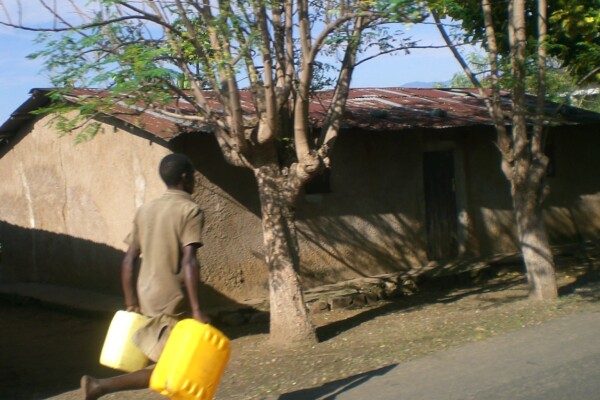
In search of clean water: human rights and the mining industry in Katanga, DRC
- Andrés Zaragoza Montejano | November 26, 2013
Today, around 1,8 billion people in the world do not have access to safe water. In the Democratic Republic of the Congo, the most water-rich country in Africa, 51 million people lack access to potable water; only 26% of the population has access to safe drinking water. This is one of the lowest access rates in the world. In the Katanga province, rich in cobalt and copper, some industrial mining co

IPIS Insights: Kimberley Process: observations from the sidelines. Part I
- Fiona Southward | November 20, 2013
Ten years after the launch of the Kimberley Process Certification Scheme (KPCS) this paper is the first in a two part series providing an overview of where the Kimberley Process and international efforts to combat the trade in conflict diamonds currently stand. It will analyse some of the present challenges facing the system and some of the potential solutions on the table. This part (Part I) will

IPIS Insights: Why businesses should assess human rights impacts from the outset of projects. SOCO International Oil Company in Virunga National Park, DRC
- Gabriella Wass | August 5, 2013
SOCO International, a British oil company, is prospecting for oil in the Democratic Republic of Congo’s Virunga National Park – a World Heritage Site. For the past year, their presence has been criticised for putting a fragile environment at risk. However, more recently, their impact on human rights has also been questioned. Below, IPIS looks at why it is so vital for companies to employ rights-re
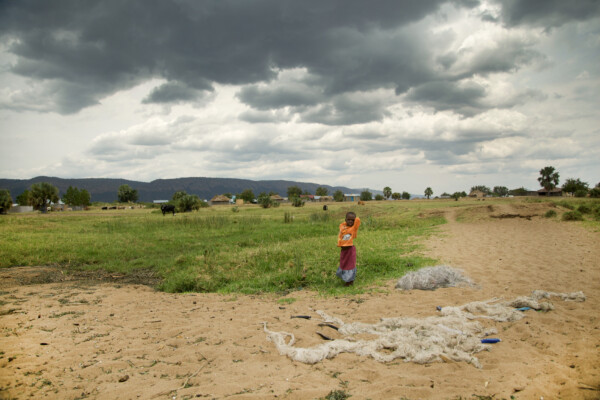
Business, Human Rights, and Uganda’s Oil. Part I: Uganda’s oil sector and potential threats to human rights
- Chris Musiime, Gabriella Wass | July 12, 2013
The following report is the first of a series of four collaborations between IPIS Research and ActionAid International Uganda. The series sheds a light on the oil sector in Uganda, its possible impact on human rights, and how government, companies, and civil society can best enable a positive bond between oil and the welfare of the Ugandan people. This first report opens by providing a situational

Upstream Implementation of the OECD Due Diligence Guidance for Responsible Supply Chains of Minerals from Conflict-Affected and High-Risk Areas. Final Report on one-year pilot implementation of the Supplement on Tin, Tantalum, and Tungsten
- IPIS | January 1, 2013
Final Report on one-year pilot implementation of the Supplement on Tin, Tantalum, and Tungsten. This report is the final in a cycle of three reports on the pilot implementation by upstream companies of the “Supplement on Tin, Tantalum and Tungsten of the OECD Due Diligence Guidance for Responsible Supply Chains of Minerals from Conflict-Affected and High-Risk Areas”. The goal of the report is to p

Upstream Implementation of the OECD Due Diligence Guidance for Responsible Supply Chains of Minerals from Conflict-Affected and High-Risk Areas. Cycle 2 Interim Progress Report on the Supplement on Tin, Tantalum, and Tungsten
- IPIS | June 20, 2012
Cycle 2 Interim Progress Report on the Supplement on Tin, Tantalum, and Tungsten. The following report is the second in a cycle of three on upstream companies’ implementation of the Supplement on Tin, Tantalum and Tungsten to the OECD’s Due Diligence Guidance for Responsible Supply Chains of Minerals from Conflict-Affected and High-Risk Areas. The objective of the following is to report on progres
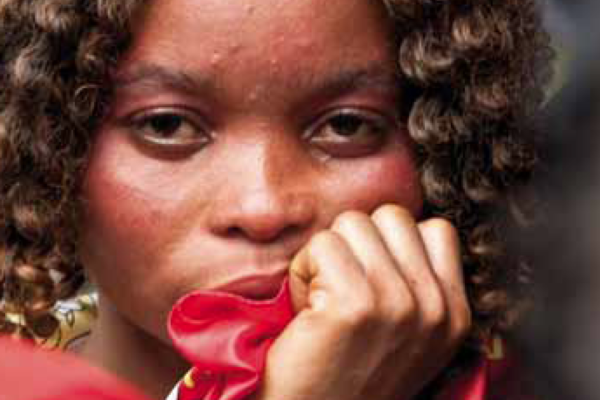
Violence against women in Eastern Democratic Republic of Congo. Whose responsibility? Whose complicity?
- IPIS | November 1, 2011
IPIS contributed to the research for and writing of this ITUC report. Summary: Eastern DRC has been ravaged by war and violence since the mid-1990s. Civilians carry the greatest burden of the conflict. Women and girls are especially vulnerable to such attacks. Hundreds of women and girls get sexually violated in their homes and at their workplace. Fuelled and motivated by Congo’s minerals, rebel a

Upstream Pilot Implementation of the OECD Due Diligence Guidance for Responsible Supply Chains of Minerals from Conflict-Affected and High-Risk Areas
- IPIS | November 1, 2011
Baseline Report on the Supplement on Tin, Tantalum, and Tungsten IPIS executed the research for and the writing of this OECD report. The present baseline report is the first in a cycle of three reports on the implementation by upstream companies of the Supplement on Tin, Tantalum and Tungsten of the OECD Due Diligence Guidance for Responsible Supply Chains of Minerals from Conflict-Affected and Hi
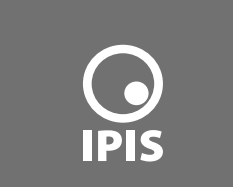
An analysis of Finexpo’s and Ducroire/Nationale Delcrederedienst’s support practices in comparison to the EURODAD principles on responsible financing
- Jan Cappelle | April 24, 2009
In 2007, Belgian exports generated 89,3% of Belgium’s gross domestic product. The exports created employment as well as fiscal and parafiscal revenues. Because of the importance that exporting holds in the Belgian economy, Belgium has several public instruments in place to encourage and support the export of goods and services. At the federal level, there are Ducroire/Nationale Delcrederedienst (O
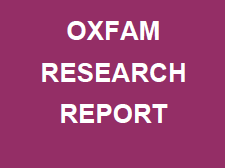
Towards a Sustainable Cocoa Chain: Power and possibilities within the cocoa and chocolate sector
- Jan Cappelle | December 25, 2008
This report contributes in various ways to the debate on a sustainable cocoa economy. A sustainable cocoa economy is where each person investing time or money into the supply chain would be able to earn a decent income for themselves and their family, work in good conditions, and in a manner which did not harm the environment. It provides an overview of the various stakeholders in the cocoa and th
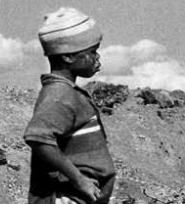
From conflict resources to sustainable development
- Jan Cappelle | July 23, 2008
Memorandum by Fatal Transactions on the European Union’s contribution to natural resource management in Africa This Memorandum looks specifically at the European Commission’s contribution to a sustainable exploitation of natural resources in Africa and a sustainable supply chain. It also assesses its approach on conflict resources. The paper provides an analysis of the Commission’s trade policy, d

Fatal Transaction’s second submission on EIB Statement of Environmental and Social Principles and Standards
- Jan Cappelle | June 23, 2008
Fatal Transactions supports the initiatives of the European Investment Bank to revise its “Statement of Environmental and Social Principles and Standards”. We applaud the realisation of this revision in an open and transparent consultative process. This has without any doubt positively contributed to the revised draft Statement that has been presented by the Bank on 1 October 2008. Download in pdf
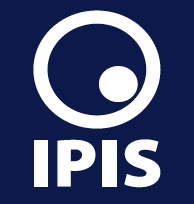
Transacties van de Nationale Delcrederedienst onder de loep. Een overzicht van enkele cases
- Jan Cappelle | March 25, 2008
Ieder land heeft het soevereine recht om projecten en werken op zijn grondgebied goed te keuren, rekening houdend met de effecten (positieve b.v. economische belangen of negatieve effecten b.v. schadelijke gevolgen voor het leefmilieu) ervan. Een buitenlands bedrijf moet bij zijn deelname aan dergelijke activiteiten rekening houden met bepaalde voorwaarden. Deze kunnen zowel worden geregeld in de

A Practical Guide about the International Human Rights Frameworks and how Business fits into it
- Jan Cappelle | March 17, 2008
This guide provides business enterprises an overview of the international human rights frameworks. It also uses the Human Rights Compliance Assessment tool created by the Danish Institute for Human Rights. It should be used as a tool for businesses and does not absolve them from not working out detailed principles for the specific sector which they are operational. It is imperative for business ma
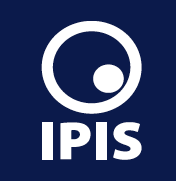
Het milieu- en sociaal beleid van exportkredietverzekeringsmaatschappijen. Een vergelijkende analyse
- Jan Cappelle | March 14, 2008
De Nationale Delcrederedienst, een Belgisch overheidsbedrijf, verzekert bedrijven tegen politieke en commerciële risico’s van internationale handelstransacties, onder andere met betrekking tot kapitaalgoederen, industriële projecten, aannemingswerken en diensten. In vele landen, zowel Westerse als ontluikende landen, kunnen bedrijven genieten van soortgelijke overheidssteun. De goedkeuring van der
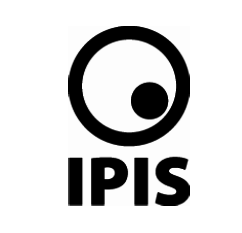
Het beleid van exportkredietverzekeringsmaatschappijen
- Jan Cappelle | October 28, 2007
De privé-sector is veruit de belangrijkste motor van de wereldeconomie en bedrijven kunnen in belangrijke mate bijdragen tot de socio-economische stabiliteit van een regio of land, hebben de capaciteit om te zorgen voor technologische overdracht en kunnen welvaart genereren. Daarnaast is er een groeiende erkenning dat ze kunnen bijdragen tot conflictpreventie en duurzame vredesopbouw. Tegelijkerti

